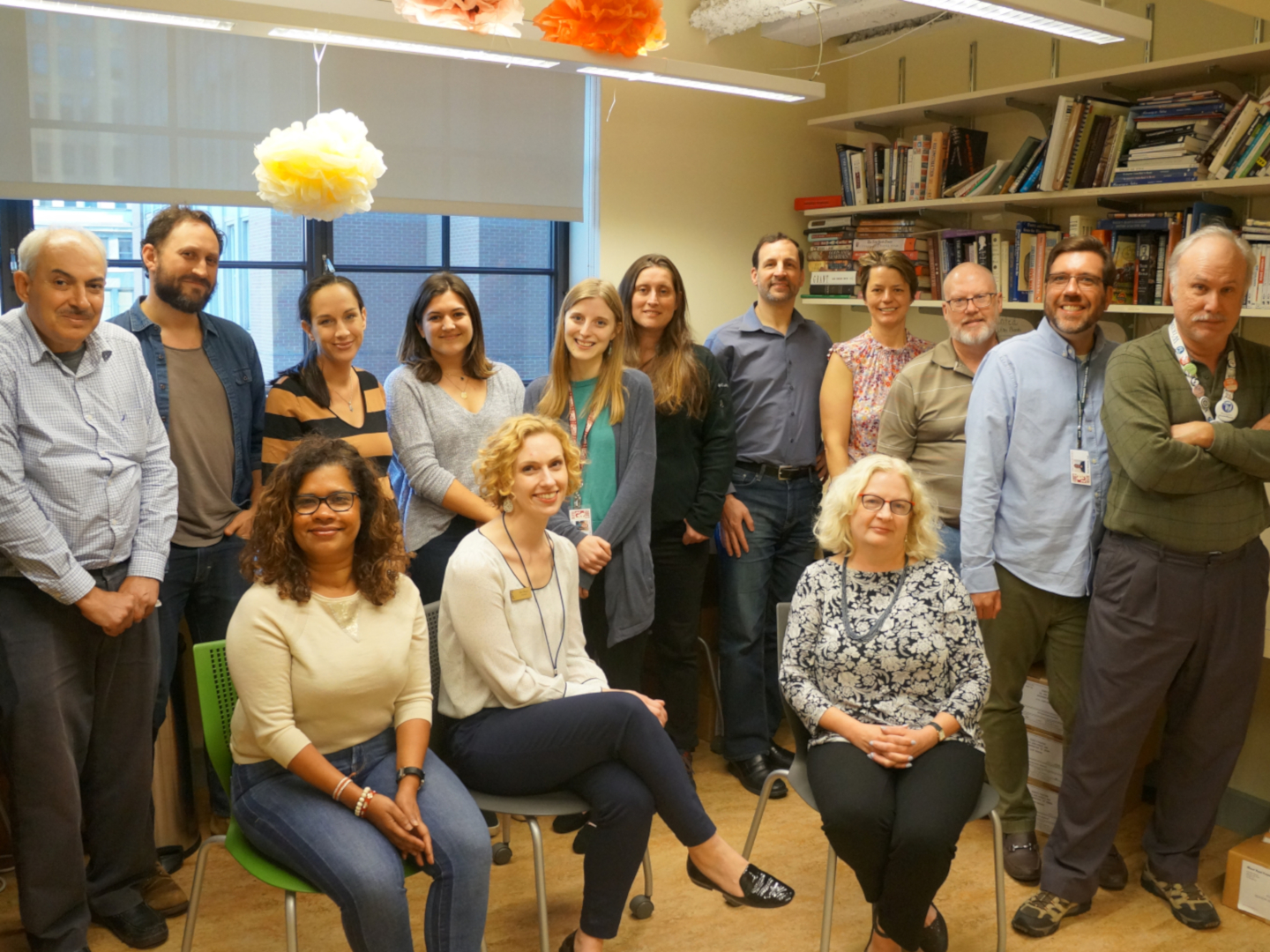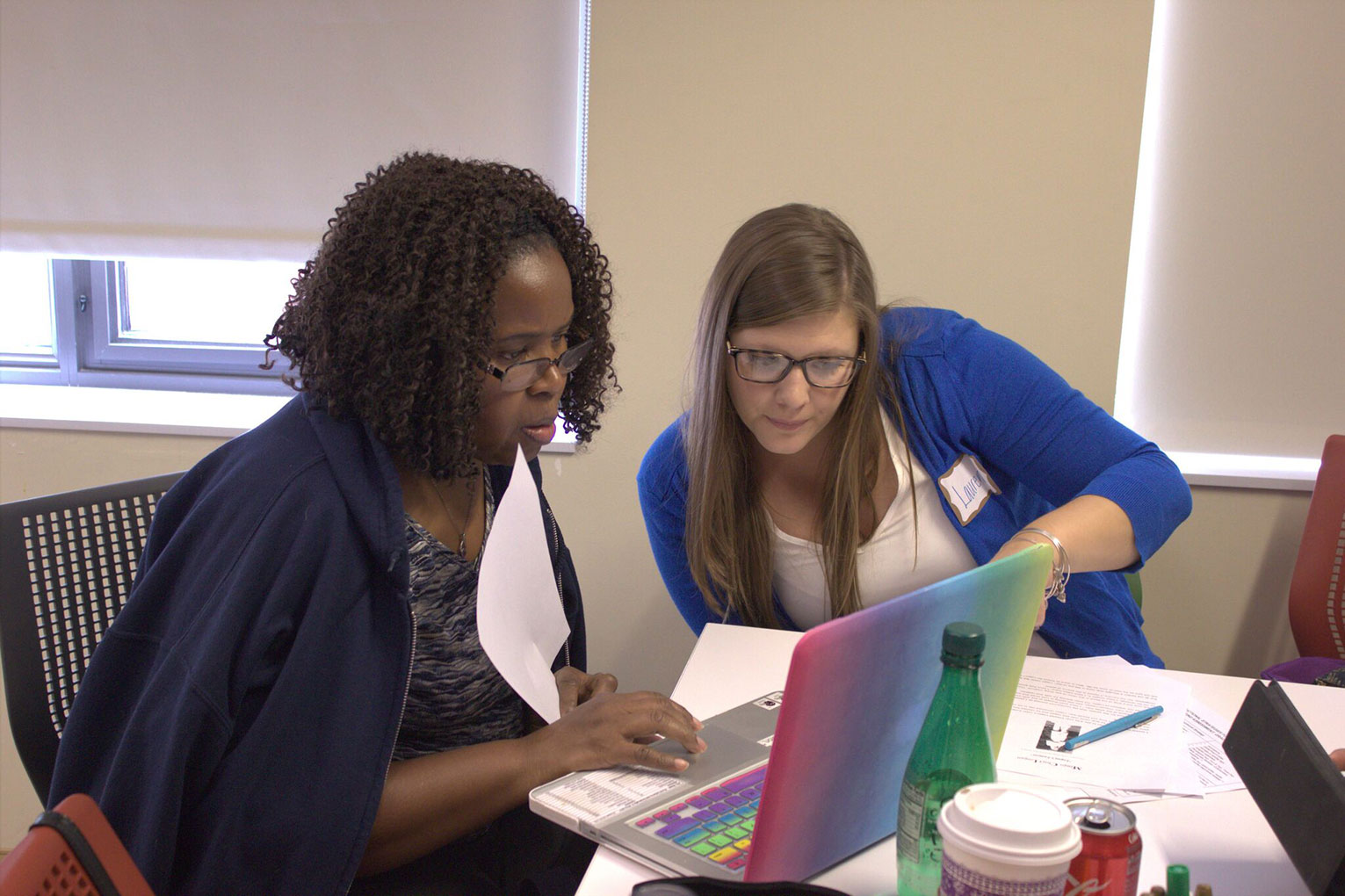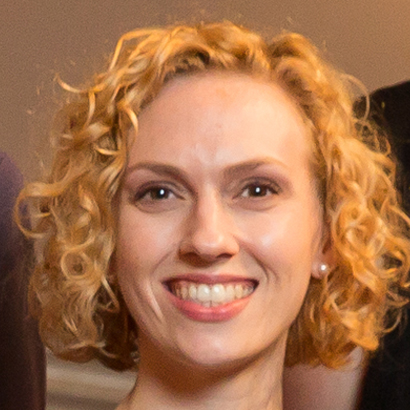
Hosting a Wikipedia Edit-a-Thon: Ford’s Theatre Recap
In April 2019, Ford’s Theatre and Wikimedia DC hosted a Wikipedia Edit-a-Thon. These events are specifically designed to bring museums and historical institutions together with the online Wikipedia community to share and increase access to myriad resources. They are opportunities for editors to connect with each other face-to-face, share their enthusiasm for editing with novice editors, and enhance the internet user community with personal interactions. It was our first time hosting such an event and hopefully not the last.
On April 16, a small but mighty band of editors from the regional D.C. chapter joined us at our Center for Education and Leadership. They spent the evening adding online sources and creating new content on the event’s theme of “diversifying the Lincoln Assassination story.”

Calling the event an “edit-a-thon” is a bit of a misnomer. The first hour or so was more like a workshop dedicated to training novices how to edit Wikipedia. It was a great opportunity for teachers, students and enthusiasts to break the ice and begin participating in this epic public history project.
We forget, sometimes, that Wikipedia is a crowd-sourced knowledge bank. It is not an end-all, be-all, definitive tome. And, there are many different rules and codes of conduct to preserve the integrity of Wikipedia entries.
Following the Rules:
When I was in high school, Wikipedia was still quite new. I remember my teachers warning me – forbidding me, even – from using it for research. While Wikipedia shouldn’t be the footnote in a paper, we cannot deny that Wikipedia is the first link many of us click when we want to learn a little more about anything.
To preserve the integrity of information on Wikimedia pages, there are a host of rules to follow. And, all edits are approved with a consensus-based process. A few challenges for an organization like Ford’s are:
- There are rules regarding conflict-of-interest. This means, employees of Ford’s Theatre cannot directly add resources to or edit the Ford’s Theatre Wikipedia page.
- Wikimedia editors and creators must use a neutrally written summary of existing mainstream knowledge.
- Wikipedia is an excellent place for secondary sources, like the book Mourning Lincoln by Martha Hodes, but not primary sources, like the letters Dr. Hodes used to research her book. This was particularly challenging for me and our education team, because we spend so much time with primary sources! But, these rules are in place to cross-check the content on Wikipedia.
Adding a New Voice to the Narrative:
One editor committed to writing a new article on the platform: one about Emilie Davis, a free African-American woman who kept a detailed diary, including her response to President Lincoln’s assassination. She diligently worked on the article throughout the event, eventually with the aid of two more experienced editors. At the end of the workshop, all three were on their laptops, contributing and providing documentation and sources to strengthen the article. It was really cool to see them working together with such a sense of urgency! When the event was nearly over, I gently let them know it was time to wrap up. The most advanced editor of the group begged me for five more minutes explaining that they had to make sure the article was substantial enough before they stopped for the night, or else it might be flagged for deletion.

Creating new articles is uncommon at these events, and the creation of this article is especially significant because the primary author was a woman and the subject is about a woman. Wikimedia is currently working to close the Wikipedia Gender Gap: currently only one in 10 editors identifies as female, and only 17.75% of the biographies on Wikipedia are about women.
The Results:
During the event, 15 pages were edited, one page was created, and four images were uploaded to Wikimedia Commons. Beyond the numbers, we connected face-to-face with a community that otherwise is hidden behind a screen, we gained a better understanding of Wikipedia’s inner-workings, and we participated in this very 21st-century mode of civic engagement. The more people who edit Wikipedia, the stronger a source it becomes, the more voices are represented, and the more it reflects the world of people who use it.
We look forward to planning another Edit-a-Thon event in the future.
If you’re interested in running an edit-a-thon of your own, click here.
Alex Wood is Education Programs Manager at Ford’s Theatre. She loves working at Ford’s Theatre because every day she continues to learn something new. Follow her on Twitter @xela415, and Ford’s Education @FordsEdu.

